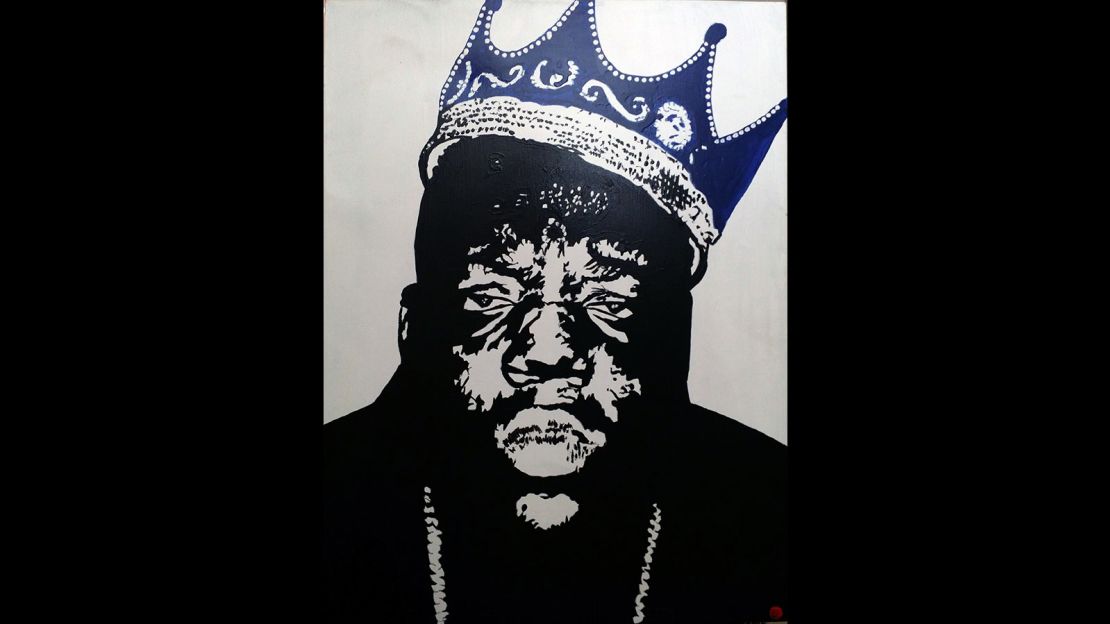When Bitcoin and a subsequent raft of cryptocurrencies first landed in the early part of the decade, many people – including noted economists and finance experts – dismissed them as a fad. These new forms of digital money were viewed as little more than capitalist Tamagotchis, currencies with no value to anyone except those looking to buy illicit items.
The raft of coffee shops selling lattes for Bitcoins have gone some way to disprove these negative perceptions, but the availability of luxury items like jewelry, cars and even fine art have really stated cryptocurrencies’ case for permanence – nearly a decade after they first came about.
“Many economists dismissed it as a flawed form of money, something that could never achieve the level of adoption that it has,” said Dr. Garrick Hileman, an economic historian at the University of Cambridge and the London School of Economics.
“Today we estimate 5 to 10 million unique active users of cryptocurrencies, and in my opinion that’s nothing short of a minor economic miracle.”
Bitcoin rules
The market leader is still Bitcoin, its name now so engrained in this alternative economy that it has become a catch-all moniker for other currencies, just like “Hoover” has become a name for all vacuum cleaners.
Despite fluctuations in value, withdrawal issues, a potentially dangerous “hard fork” schism and what Hileman calls “internal governance challenges,” Bitcoin has defied expectations and passed the $4,000 mark for the first time in August.
Only six years ago, in mid-2011, one Bitcoin was worth just $1. One expert, Saxo Bank’s Kay Van Petersen, believes that in 10 years, the price of Bitcoin could reach as much as $100,000.
Art for Bitcoin
With cryptocurrencies seemingly here for the long run, more and more industries are using them. Microsoft and Paypal are among the more established companies now accepting Bitcoin, alongside all kinds of businesses across the world – including pubs, plumbers and tattoo parlors.
One market that could prove something of a game-changer is the ever-investing art world, where art-for-Bitcoin is being pioneered by London gallery owner Eleesa Dadiani, of the eponymous Dadiani Gallery.
In her Mayfair, London base of operations – which deals primarily with older, established artists such as sculptor Michael Sandle and painter Keith Milow – Dadiani explains how she became interested in cryptocurrencies. “I looked into it a few years ago, but it didn’t really mean much to me … I have no computing or financial background, it was too abstract for me to embrace at that point,” she said. “But through this gallery, I started to discover ways in which the business model can run better.”
For Dadiani, the realities of selling work in Bitcoin are nearly as simple as accepting traditional tender. “Everything we have in the gallery is for sale with cryptocurrency,” she said. “It’s done very simply, it requires the other party to have a digital wallet and takes a matter of moments. We accept Bitcoin, Etherium, Etherium classic, Live Coin/NEM, Ripple. I’m open to accepting others.”
A serious investment
Dadiani emphasizes that this is not a gimmick. For her, cryptocurrency is not only the future of her business, but a brave new way of doing things that will have ripples across the globe – if people can get over their prejudices regarding it.
“Bitcoin opened us to a whole market of people who wish to test the power of this currency against real assets,” she said. “It validates the currency, it makes it real … but until more businesses accept this currency, it will be hard to see it as a real currency.”
Hileman goes a step further and suggests that the art world is the perfect industry for a cryptocurrency to survive. “Some people say that Bitcoin is more similar to a piece of art or an alternative asset than a currency,” he said. “Some are buying goods and services with Bitcoin, but many are simply holding it as an asset, like gold or art. So it’s a smart move by the gallery to notice that somebody who’s investing in Bitcoin might also be interested in investing in art.”
Dadiani says she doesn’t know of any other gallery owners currently accepting cryptocurrencies, but she believes other luxury businesses are interested. “We’re hoping that by spearheading it with art, we can get people to think about how they can expand their client base,” she said. “There are so many more possibilities when you come into this new economy.”
What can Bitcoin get you?

There are plenty of other luxury items that Bitcoin can buy. A painting of rapper Notorious BIG is available on online gallery site Bitpremier.com for 2.946 Bitcoin (or about $10,000, for the more traditional buyer). Boats, planes and even a condo in the Trump hotel are for sale on other sites. Any of them would be the perfect status symbol for the modern tech millionaire.
According to Hileman, there are also more practical factors that come into play when buyers choose Bitcoin, such as the speed of the transactions and lower fees compared to traditional payment methods like credit cards.
“If you’re only paying a $2 transaction fee on a piece of art that’s worth tens of thousands, the fee is basically zero. But if you’re paying 2 or 3% on a piece of art of that value, then the numbers can go up quite a bit.”
Deregulation and decentralization are central to Bitcoin’s libertarian appeal – and for Dadiani that is what is so exciting about it. “It’s going to change everything, but it must start with people seeing the world differently,” she said. “This is our chance to innovate, with something that doesn’t ask for permission … and that’s why its exciting for me.”














